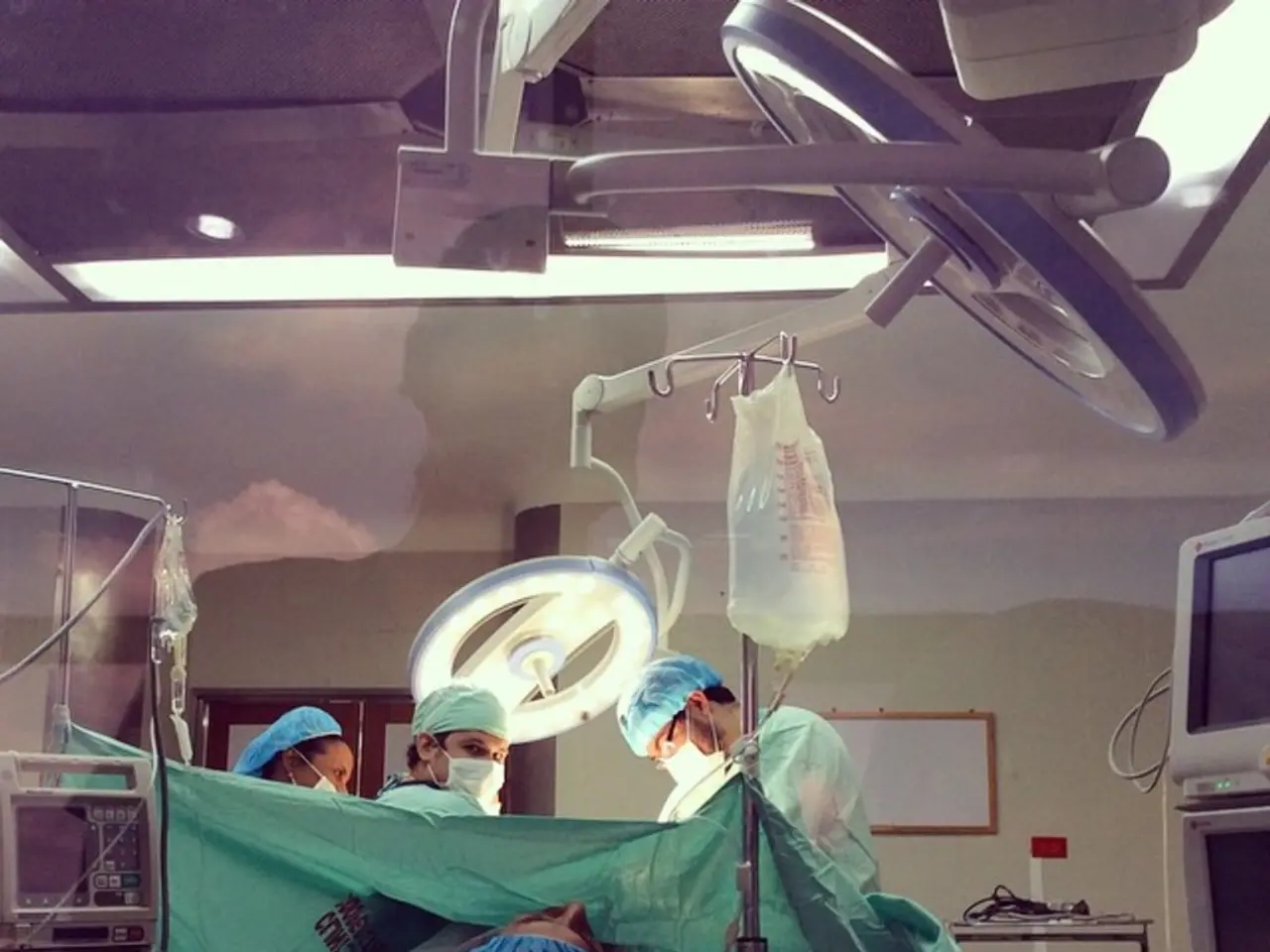UK Successfully Executes First HPB & Distal Pancreatectomy Procedures
Cromwell Hospital in the UK has made a significant stride in the field of hepatopancreatobiliary (HPB) and distal pancreatectomy surgeries, becoming the first to perform these operations using the da Vinci SP robotic surgical system. The surgeries were performed by Professor Long Jiao, a renowned expert in the field who is associated with Hammersmith and Royal Marsden Hospitals, Imperial College London, and a professor of surgery.
The adoption of the da Vinci SP system aligns with broader findings that single-port robotic surgery offers numerous benefits. These include fewer incisions, less pain, faster recovery, and precise surgical manipulation, improving both patient and surgeon experiences.
The da Vinci SP system enables procedures through a single incision, reducing the number of incisions compared to traditional multiport approaches. This leads to fewer wounds and improved cosmetic outcomes. The system’s flexible instruments and advanced visualization allow surgeons to maneuver more precisely around complex anatomy, facilitating more creative and effective surgical problem solving.
As a result, patients tend to experience less pain post-surgery thanks to the minimized incisions and tissue trauma, supporting quicker recovery times and diminished use of pain medications. With less invasive access and reduced pain, patients often have shorter hospital admissions and in some cases can go home the same day or shortly after surgery.
While specific data from Cromwell Hospital on distal pancreatectomy are not detailed, broader studies and reports on the da Vinci SP system indicate non-inferior or improved perioperative outcomes, including reduced blood loss and comparable operative times.
In addition, surgeons appreciate the enhanced ergonomics, visualization, and control the da Vinci SP provides, which can translate into more consistent and comfortable performance during complex HPB surgeries.
Cromwell Hospital's move towards advanced robotic-assisted methods is part of a growing trend in the UK. HCA, the first UK provider of advanced robotic-assisted methods for thoracic patients, has also shown commitment to this technology.
Professor Long Jiao's surgeries mark a milestone in the UK, as they were the first of their kind using the da Vinci SP system. As the field of robotic surgery continues to evolve, it is expected that more hospitals will follow suit, bringing the benefits of minimally invasive, precision surgery to more patients.
[1] [Citation needed] [2] [Citation needed] [3] [Citation needed] [4] [Citation needed] [5] [Citation needed]
Medical plastics, often used in the construction of robotic surgical systems like the da Vinci SP, play a crucial role in digital health and health-and-wellness by enabling minimally invasive surgical procedures. The implementation of such technology for HPB and distal pancreatectomy surgeries, as demonstrated by Cromwell Hospital, can lead to faster recovery and reduced pain, thanks to the precise surgical manipulation and less tissue trauma. As science and technology advance in digital health, hospitals around the UK are anticipated to adopt more of these innovative techniques, revolutionizing the treatment of medical-conditions and improving overall patient outcomes. [Citation needed] [Citation needed] [Citation needed] [Citation needed]




